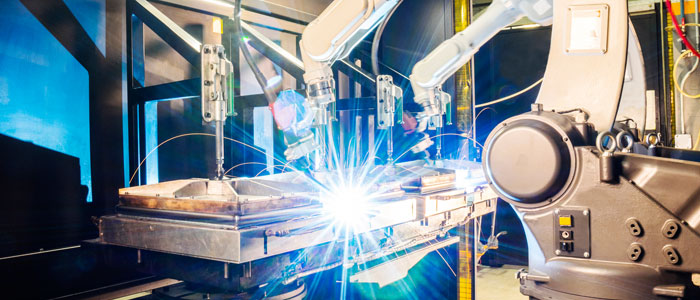I am honored to join Dr. Teresa Bartlett, Senior VP for Medical Quality at Sedgwick, and Michael Coupland, CEO and Network Medical Director of Integrated Medical Case Solutions for a session at the Self Insurance Institute of America’s annual National Educational Conference & Expo in October. In the session, Medical Services on Demand: a Look at New Delivery Models, we will explore news ways to deliver medical care to injured workers as quickly as possible.
Read MoreThe workers’ compensation system was among the first groups to identify and target opioid abuse among patients with chronic pain. Because workers’ compensation is administered on the state level, many legislative initiatives have been implemented within various states. One that has gained increasing attention of late is the use of prescription drug monitoring programs, or PDMPs.
Read MoreThe opioid epidemic has been one of the most disruptive conditions in the American healthcare system in decades. Statistics show more than 50,000 Americans died from drug overdoses last year, topping the number of motor vehicle-related fatalities as well as gun deaths. Many of the overdose deaths were attributed to opioids that were prescribed for chronic pain.
Read MoreLow back pain (LBP) is one of the most pervasive medical conditions in the U.S. An estimated one-quarter of American adults say they have experienced LBP for at least 1 day in the past 3 months; so it’s no wonder it is one of the most common ailments we see among the injured workers we treat.
Read MoreFunctionality is key to helping injured workers with chronic pain. While that may seem obvious, that’s not the approach typically taken for these patients. Instead, payers, medical providers and others involved in a claim are often in lockstep on the need to identify and eliminate a single physical source of the pain — even when that may result in multiple surgeries, a myriad of additional medical procedures, addictive medications and, ironically, little to no relief from the pain.
Read MoreTechnology has been replacing workers ever since the Industrial Revolution. But today’s rapid-fire digital changes are making workers especially nervous. And for good reason. Robots and artificial intelligence (A.I.) are being “hired” by a growing number of companies.
Read MoreThe workers’ compensation system here in the US has existed for more than a century. So how are we doing, after all that time? The US Department of Labor recently posed the question, “Does the Workers’ Compensation System Fulfill Its Obligations to Injured Workers?” They published their findings in an exhaustive report. It is not flattering.
Read MoreResults of the 2016 Workers’ Compensation Benchmarking Study were released in October. That now gives us four years’ worth of cumulative data. With that, we can see what makes a top-performing claims organization successful. And why others are lagging behind. We have hard evidence.
Read More





